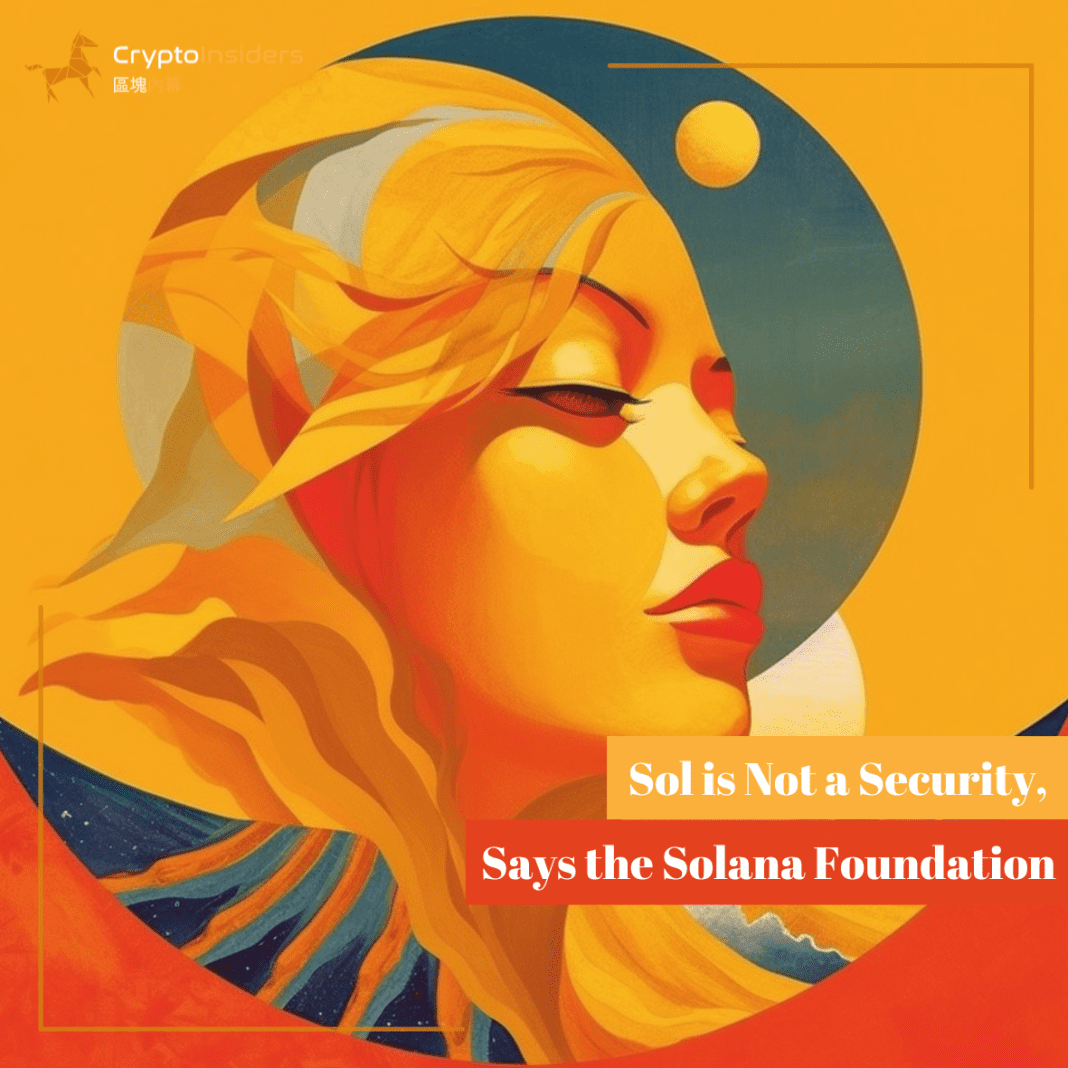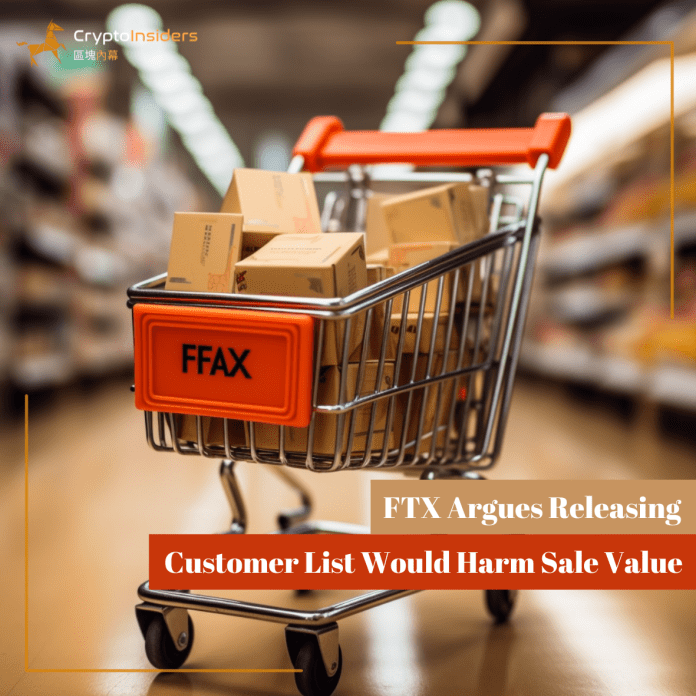Introduction
The Solana Foundation has spoken out to address concerns that have been raised about whether or not SOL, the native cryptocurrency of the Solana blockchain, can be classified as a security.
The issue of whether or not cryptocurrencies should be considered securities has been a contentious one in the industry for some time. The classification of a token as a security can have significant implications for its regulatory treatment.
The Solana Foundation’s Response
In a statement released on August 11, 2021, the Solana Foundation stated that SOL is not a security, and that the foundation has never marketed or sold the token as an investment opportunity.
The foundation went on to say that SOL has always been intended to be used as a utility token within the Solana ecosystem. According to the foundation, SOL is used to pay for transaction fees, as well as for staking and governance within the network.
The Solana Foundation also highlighted the fact that SOL was distributed fairly and transparently through an initial coin offering (ICO) back in 2018, with no expectation of profit for investors.
Industry Observers’ Concerns
Despite the Solana Foundation’s assurances, some industry observers remain concerned about the potential for SOL to be classified as a security.
In a recent article, CoinDesk highlighted the fact that SOL has been listed on several major cryptocurrency exchanges, including Binance and FTX, without clear guidance on how it should be regulated.
The article also pointed out that the US Securities and Exchange Commission (SEC) has been cracking down on cryptocurrencies that are deemed to be securities, with a number of high-profile cases having been brought against issuers in recent years.
Related:BitGo Announces Intent to Acquire Prime Trust
Conclusion
While the Solana Foundation maintains that SOL is not a security, the issue of how cryptocurrencies should be classified remains a complex and contentious one. As the industry continues to evolve, it will be interesting to see how regulators approach this issue and what implications this may have for the broader cryptocurrency ecosystem.





